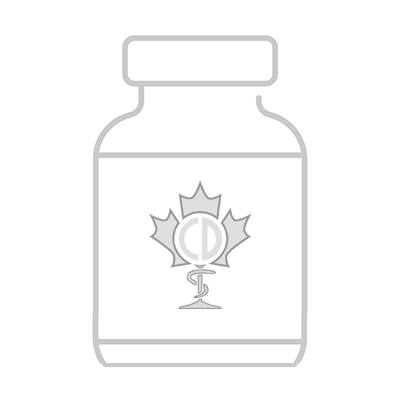What is Amaryl used for?
Physicians prescribe Amaryl to treat type 2 diabetes. It helps improve glycemia control in adults to stabilize blood sugar levels. Insulin and other diabetes medication may be necessary, in addition to Amaryl for treating the condition. Amaryl is not effective in treating type 1 diabetes or diabetes ketoacidosis.

Amaryl Information
How to Use Amaryl?
Ensure you are carefully following the meal plan your doctor gives you. This is a very important part of controlling your diabetes and Amaryl won’t work properly without it. Regular blood tests and exercise are also crucial.
Amaryl is to be taken orally with your first main meal of the day.
What are the drug interactions with Amaryl?
Since glimepiride in Amaryl interacts with several drugs, it is crucial to inform your physician about other medications you might be taking.
Common drugs, which interact with glimepiride are:
This is not an exhaustive list of drug interactions. Ensure you inform all of your doctors about the medications you are taking. Give them a list including the prescription and non-prescription drugs, as well as vitamins and herbal products you are taking. This will help your doctor watch out for drug interactions. If you have additional questions about Amaryl or drug interactions, you can reach out to our customer service team and ask to be transferred to a pharmacist for counselling at 1-844-416-4282.
What are side effects of Amaryl?
Along with the needed effects of a medication, they may also cause unwanted side effects. Most patients will not experience negative Amaryl side effects. Though some, if they occur, may require medical attention.
If you experience the following effects, check with your doctor as soon as you can:
Rare
- Difficulty with swallowing
- Dizziness
- Fast heartbeat
- Hives
- Itching
- Puffiness or swelling of the eyelids or around the face, eyes, tongue, or lips
- Shortness of breath
- Skin rash
- Tightness in the chest
- Unusual tiredness or weakness
- Wheezing
Incidence not known
- Abdominal or stomach pain
- Agitation
- Back, leg, or stomach pains
- Bleeding gums
- Blistering, peeling, or loosening of the skin
- Bloating of abdomen
- Blood in the urine or stools
- Bloody, black, or tarry stools
- Chest pain
- Chills
- Coma
- Confusion
- Cough or hoarseness
- Dark urine
- Decreased urine output
- Depression
- Diarrhea
- Difficulty with breathing
- Fever with or without chills
- Fluid-filled skin blisters
- General body swelling
- General tiredness and weakness
- Headache
- High fever
- Hostility
- Irritability
- Joint or muscle pain
- Large, hive-like swelling on the lips, throat, face, eyelids, tongue, sex organs, feet, hands, or legs
- Lethargy
- Light-colored stools
- Loss of appetite
- Lower back or side pain
- Muscle twitching
- Nausea and vomiting
- Nosebleeds
- Painful or difficult urination
- Pale skin
- Pinpoint red spots on the skin
- Puffiness or swelling of the eyelids or around the eyes, face, lips, or tongue
- Rapid weight gain
- Red, irritated eyes
- Red skin lesions, often with a purple center
- Seizures
- Sensitivity to the sun
- Skin thinness
- Sore throat
- Sores, ulcers, or white spots on the lips or in the mouth
- Stupor
- Swelling of face, ankles, or hands
- Swollen or painful glands
- Unusual bleeding or bruising
- Upper right abdominal or stomach pain
- Yellow eyes or skin
Get emergency help immediately if any of the following symptoms of overdose occur:
Symptoms of overdose
- Anxiety
- Blurred vision
- Cold sweats
- Cool, pale skin
- Increased hunger
- Nightmares
- Shakiness
- Slurred speech
You may experience some minor side effects that don’t usually need medical attention. These side effects might go away as your body adjusts to the new medication. Also, your doctor might be able to help you avoid or reduce the effects of some of these side effects. If the following effects get bothersome or linger, talk to your doctor:
Less common
- Lack or loss of strength
Incidence not known
- Redness or other discoloration of the skin
- Severe sunburn
You may experience side effects not listed here. If you notice other side effects, call your doctor as soon as possible.
Other side effects not listed may also occur in some patients. If you notice any other effects, check with your healthcare professional.
